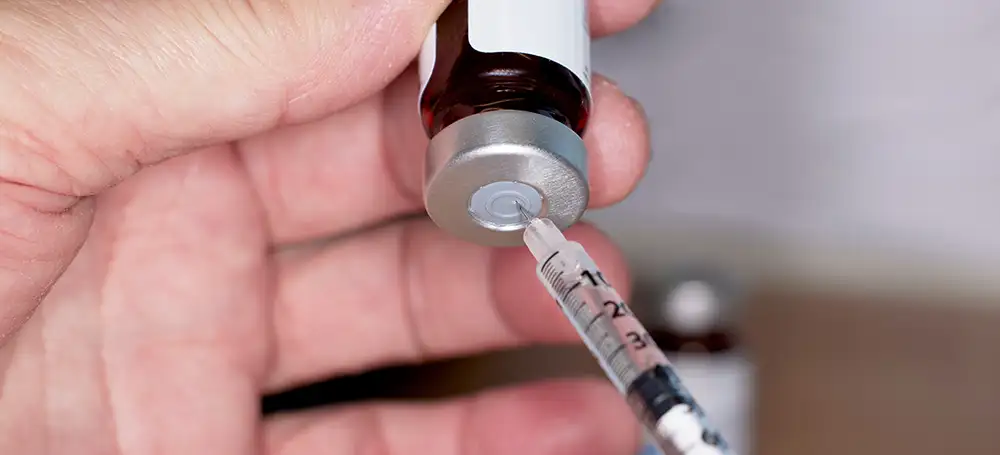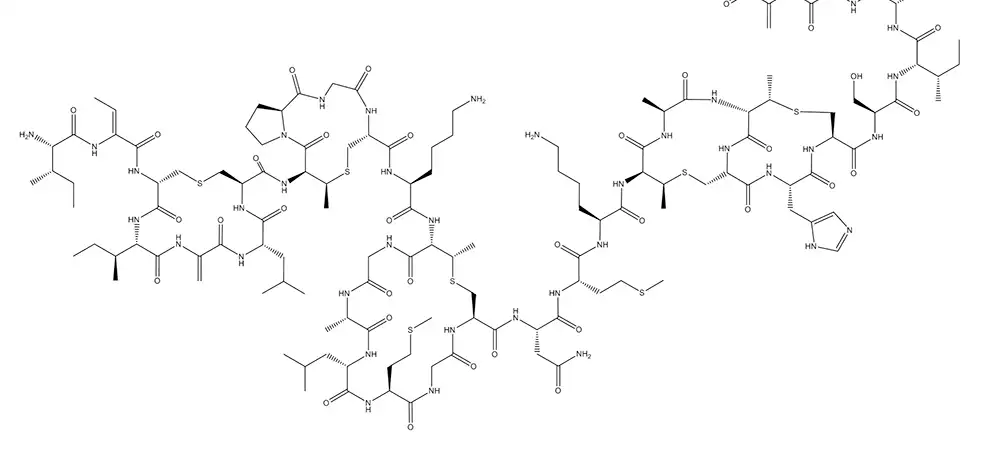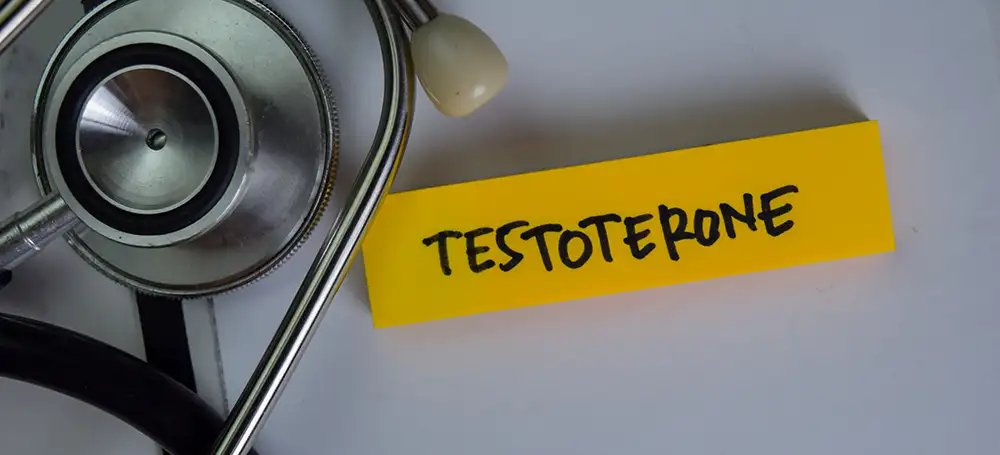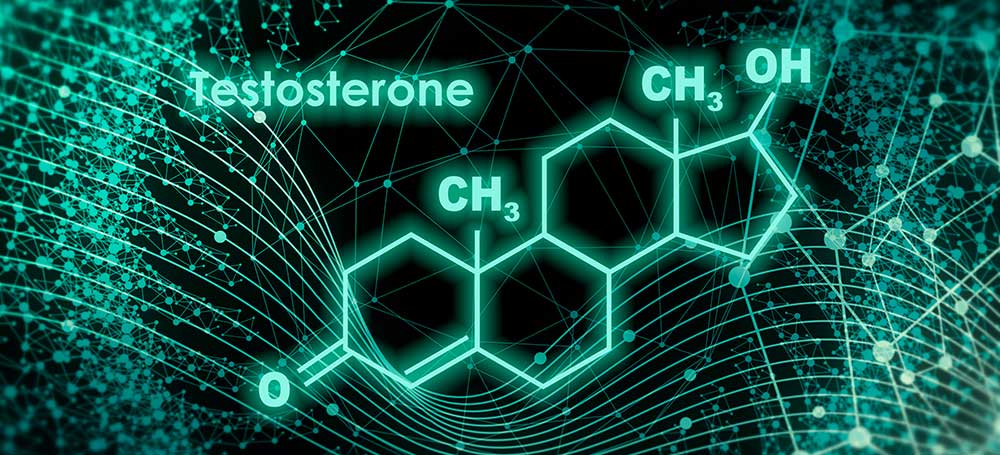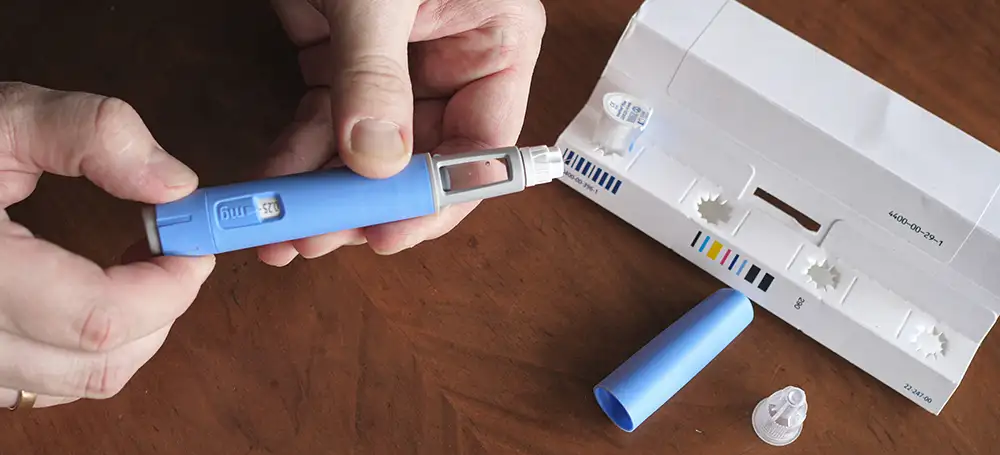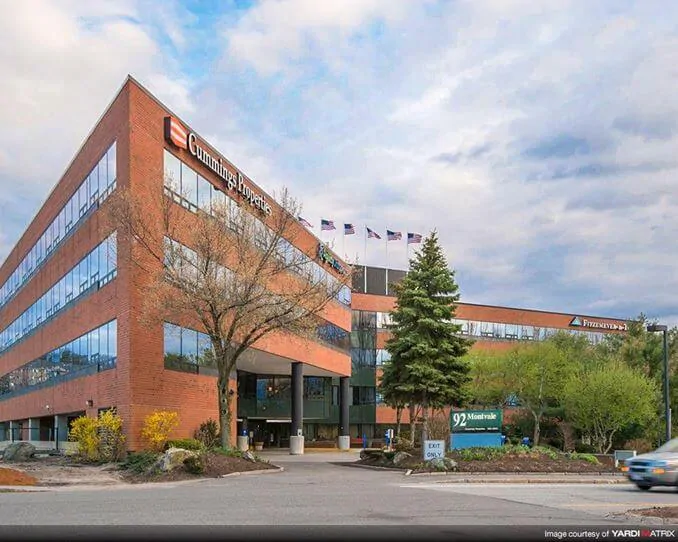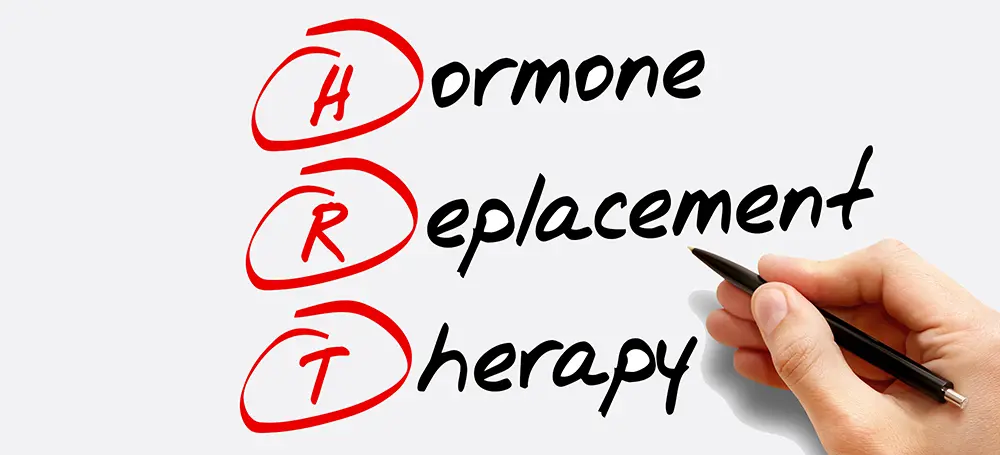As you age, your body undergoes a wide range of chemical and hormonal fluctuations. A good deal of these transformations involve testosterone, also known as the male sex hormone. Testosterone helps regulate essential processes throughout the body. Some of its key roles include promoting muscle mass development, managing the distribution of body fat, improving bone density and regulating mood. Each of these functions considerably impacts your overall health and well-being.
It’s crucial to understand when seeking hormone replacement therapy is the right choice for you. Here is everything you need to know.
Before You Begin Treatment
If you’re concerned that your testosterone levels are lower than normal, talk to your doctor about your symptoms. No matter what your specific concerns are, they can likely be addressed through hormone replacement therapy. First, be sure to spend time researching different types of therapy. This will help ensure that you know what to expect from each stage of the treatment process.
If you haven’t yet decided whether hormone therapy is an appropriate fit for your needs, it’s important to consider your unique needs. Take the time to figure out what you want and what makes the most sense for you. One of the major benefits of aging is being in touch with your body and understanding what it needs from you. By honoring these needs, you can enjoy greater health and well-being all around.
How Does Low Testosterone Impact Your Health?
Before you begin hormone replacement therapy, it’s important to understand how your testosterone levels impact your overall health and well-being. By understanding the effects of low T on your health, you can take the right steps to remedy the issue. One of the key purposes of testosterone is building muscle mass. When your hormones drop to below-average levels, they tend to alter the appearance of your muscles. This change in muscle size can range from mild to severe. The degree of muscle shrinkage is determined by the severity of your hormone deficiency.
Another common side effect of low T is a reduced sex drive. This is because testosterone plays a crucial role in regulating sex drive and performance. If you’re struggling with low testosterone, a decrease in sex drive may be one of the very first symptoms that you notice. Testosterone is also closely linked to energy levels. If you constantly feel tired or sluggish throughout the day, this may be a result of a hormone deficiency. These feelings of fatigue may even persist after you’ve gotten a full seven or eight hours of sleep. If you still lack energy despite sleeping well each night, it’s likely due to low T.
A lesser-known function of testosterone is promoting hair growth. This is why premature hair loss is a common side effect of low T. In men with regular hormone levels, balding occurs when their testosterone levels naturally begin to decline as part of the aging process. However, if you’ve begun to lose hair earlier than expected, you might want to look into a possible hormone deficiency.
These are just some key ways testosterone influences a man’s overall health. Be sure to stay aware of these red flags. Once you’re more in tune with your own well-being, you’ll know when it’s time to begin hormone replacement therapy in Boston.
Common Causes of Low Testosterone in Men
Hypogonadism is one of the most common causes of low T in men. This is a condition in which the testicles don’t produce enough testosterone. While some men develop hypogonadism from birth, this disorder sometimes appears later in life. Some of the most common causes of hypogonadism include obesity, injury or infection of the testes, tumors and genetic problems.
Another common cause of low testosterone is testicular injury, which is typically associated with football and other contact sports. The risk of injury is particularly high during these athletic activities. To reduce the chances of hurting yourself, always be diligent about using the right kind of protection while playing sports.
Hemochromatosis and other metabolic disorders may contribute to low T as well. If you have hemochromatosis, it means your body produces excessively high levels of iron. Being diagnosed with this condition may increase your risk of heart disease, diabetes and liver disease. It’s also worth noting that your male sex hormones may not function correctly as a result of hemochromatosis, which can cause you to develop a testosterone deficiency.
It’s been well documented that inadequate sleep may reduce your hormone levels. In some cases, this can translate to a significant drop in testosterone. Over time, poor sleeping habits might even cause the symptoms of low T to affect other areas of your health. Considering how essential sleep is to your overall well-being, be sure not to skimp on the quality rest you need.
Additionally, many men who undergo chemotherapy report low testosterone as a side effect. Chemotherapy drugs can affect your hormone levels in a number of ways. In certain situations, these drugs might damage the nerves in your pelvic area or reduce blood flow to your penis. These effects can lead to testosterone deficiency in some men.
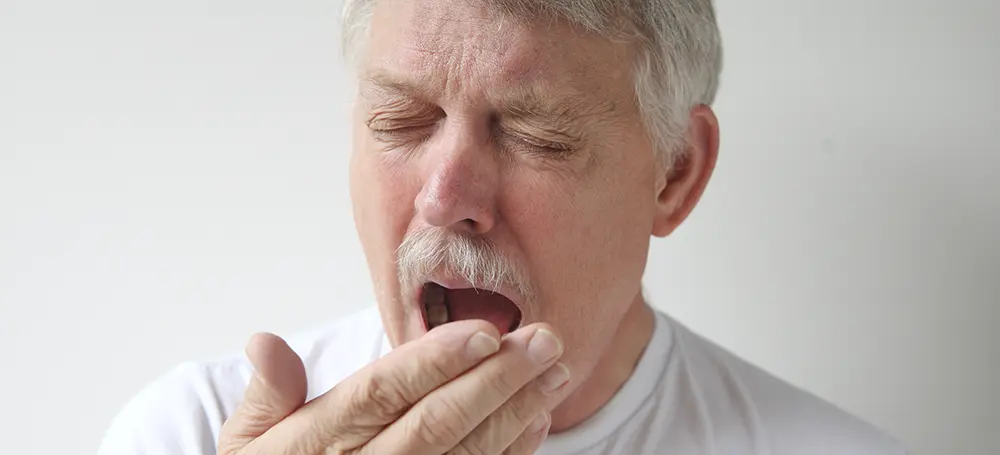
How Hormone Replacement Therapy Can Benefit You
Finding a trusted testosterone clinic in Massachusetts can transform your health for the better. Not only will you notice meaningful changes in your physical appearance, but you’ll also feel more energetic, upbeat and positive about yourself and your life. This can help promote richer relationships and a better quality of life overall.
Here are some of the key benefits of completing hormone replacement therapy.
1. Increased Energy Levels
Your testosterone levels are closely connected to your energy levels. Men with low testosterone tend to struggle with persistent feelings of fatigue. It’s also common to lose motivation to exercise when your hormone levels are lower than usual. Low energy can make it difficult to get through the workday or do all the activities you enjoy, so be sure not to ignore this symptom. With hormone replacement therapy, you can feel like your normal self again and make the most of every day.
2. Enhanced Muscle Mass
One of testosterone’s primary roles is to enhance strength and muscle mass. If you observe a noticeable difference in your muscles, there might be a hormone deficiency at play. While some men experience changes that are hardly noticeable, others see a more obvious decline in muscle size. With hormone treatment, you can raise your hormone levels and increase your muscle mass as a result. If you’re looking for a much-needed confidence boost, this may just be the solution that you need.
3. Prevention of Hair Loss
Testosterone has many important functions in the body, and hair production is one of its chief roles. Even though balding is a natural part of the aging process in healthy men, those with hormone deficiencies may see signs of premature hair loss. This is a direct result of falling testosterone levels.
Premature hair loss in men with low testosterone tends to be more severe. You may notice a loss of facial or body hair in addition to bald patches on your head. Before you go in for hormone replacement therapy, however, it’s a good idea to see your doctor to discuss your symptoms. This will help rule out any other medical conditions that may be triggering your hair loss.
4. Improved Sex Drive
One of the biggest changes that men notice after their testosterone levels drop is a reduced sex drive. Testosterone is chiefly responsible for regulating sex drive and performance. That said, low libido isn’t necessarily a sign of low testosterone. It’s completely natural for your sex drive to go down as you age. Moreover, reduced libido can simply be a result of an injury or a new medication.
Men with low T usually experience a more severe drop in libido. If you haven’t been feeling like yourself in the bedroom, you may have low testosterone to blame. Fortunately, hormone replacement therapy helps raise your libido to promote a more rewarding sex life.
5. A Stabler Mood
The emotional and psychological effects of low testosterone can be just as detrimental as the physical effects. Any fluctuations in your hormone levels significantly impact your mood and emotions. You might notice a difference in the way you feel, and you might experience unpleasant emotions like irritation, restlessness, depression or anxiety.
However, mood changes aren’t the same across the board. While some men are more inclined to experience mood swings, others may remain in a state of depression or anxiety for a prolonged period of time. These emotional changes may not be as immediately noticeable as hair or muscle loss, but being in tune with your moods can help determine whether you need professional treatment.
Hormone replacement therapy helps balance out your emotions by promoting a healthier and stabler mood. When you feel better on a daily basis, you can better approach life’s challenges and rid yourself of the stress of ongoing mood swings.
6. Better Sleep Quality
If you’ve been sleeping irregularly due to low testosterone, you’re not alone. This is a common symptom that is closely linked to shifting energy levels. If you still feel tired even after sleeping well, you might struggle to simply get through the day. Low testosterone can also trigger insomnia in some men. You might have trouble falling asleep and staying asleep at night. If you have low testosterone, you may be at a higher risk of obstructive sleep apnea, a sleep disorder characterized by abnormal breathing.
Fortunately, hormone replacement therapy can help you feel rested again. Whether the problem is excessive fatigue or insomnia, our hormone optimization sessions are targeted to your unique concerns to promote greater vitality.
7. Increased Bone Mass
Not only does testosterone help build muscle mass, but it also plays a vital role in producing and strengthening bone. If you have low T levels, you may suffer low bone volume as well. Reduced bone mass is linked to a number of health issues. For example, men with low testosterone are more vulnerable to bone fractures. Another common symptom of reduced bone mass is back pain, which can be a great source of discomfort and frustration.
By increasing your bone mass, you can protect yourself against osteoporosis and similar diseases. This is especially crucial as you age. Be sure to consider hormone replacement therapy to restore your bones to optimal condition.




